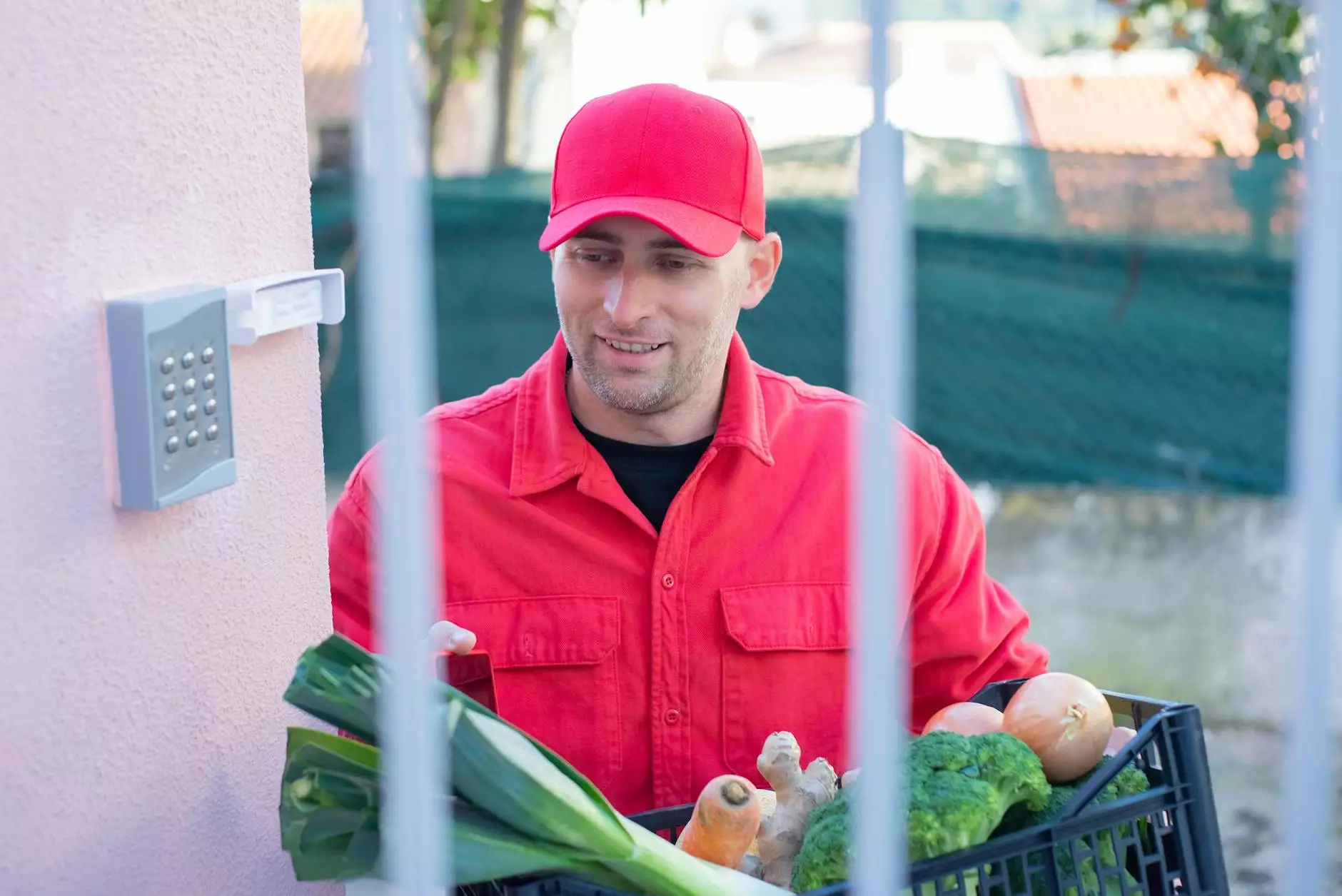Understanding Information Silos Problems in Agriculture

The modern agricultural landscape is continuously evolving, increasingly integrating technology and data-driven solutions to enhance productivity and operational efficiency. However, information silos problems pose significant challenges, particularly in the realm of farming equipment repair and management. This article delves deep into these challenges, offering insights and solutions tailored for agricultural businesses looking to overcome the limitations of siloed information.
What Are Information Silos?
Information silos refer to situations where data and knowledge are isolated within specific departments or teams, preventing seamless access and sharing across the organization. In the context of agriculture, these silos can emerge from various sources:
- Departmental Barriers: Different teams may use disparate systems that don’t communicate.
- Lack of Standardization: Variability in processes and tools across departments leads to misunderstandings and inefficiencies.
- Cultural Resistance: Employees may be reluctant to share information due to competition or historical precedent.
The Impact of Information Silos in Agriculture
Understanding the impact of information silos in agriculture is crucial for identifying strategies to combat these issues. Key negative implications include:
- Reduced Efficiency: Employees may spend excessive time searching for information instead of focusing on productive tasks.
- Inconsistent Decision-Making: Different teams may arrive at varied conclusions based on incomplete data.
- Compromised Repair Services: In the field of farming equipment repair, silos can lead to delays in identifying equipment issues or miscommunication about repair needs.
- Higher Operational Costs: Operational inefficiencies due to lack of communication can cause costs to spiral.
Examples of Information Silos Problems in Farming Equipment Repair
In the farming equipment sector, the consequences of information silos can manifest in several ways:
1. Fragmented Maintenance Records
Each equipment repair technician might keep their own records on maintenance and repairs, leading to varied documentation styles and lapses in crucial information. This fragmentation can result in:
- Inaccurate Historical Data: Incomplete records lead to poor decision-making during future repairs.
- Delayed Repairs: Technicians may overlook critical maintenance needs due to inadequate communication.
2. Inefficient Inventory Management
Information silos can severely impact inventory management. Separate departments may not share vital inventory data, leading to:
- Stock Shortages or Surpluses: Inefficient tracking of parts leads to either excess inventory or critical shortages.
- Increased Downtime: Machinery downtime increases when parts are not readily available.
3. Misalignment Between Sales and Service Teams
Sales and service teams often work on their own agendas without sharing information. This disconnection leads to:
- Customer Dissatisfaction: Delays or mismatched expectations can frustrate clients.
- Lost Opportunities: Failure to communicate can result in missed upsell opportunities for repair services or parts.
Breaking Down Silos: Effective Strategies for Improvement
Overcoming information silos problems requires a multifaceted approach. Here are proven strategies to foster better communication and data sharing throughout agricultural businesses:
1. Foster a Culture of Transparency
Encouraging open communication at all organizational levels is essential. Promote the idea that sharing information leads to collective success. This can be done through:
- Regular Team Meetings: Ensure teams regularly discuss their activities and data.
- Internal Communication Tools: Utilize platforms like Slack or Microsoft Teams to facilitate ongoing conversations.
2. Implement Integrated Software Solutions
Investing in integrated management systems can break down silos effectively. For instance:
- Enterprise Resource Planning (ERP) systems can unify data from different departments, ensuring everyone accesses the same information.
- Customer Relationship Management (CRM) tools can bridge gaps between sales and service departments.
3. Standardize Processes and Data Management
Creating standardized processes can diminish misunderstandings and discrepancies. Standardization strategies include:
- Uniform Data Entry Practices: Establish clear guidelines on how information should be documented across platforms.
- Shared Glossaries: Create a common vocabulary that all employees understand related to farming and machinery.
4. Provide Training and Development
Employees often silo information unknowingly. Providing training can help rectify this. Consider the following:
- Workshops on Data Sharing Practices: Hold training sessions that focus on the importance of sharing data and how to do it effectively.
- Cross-Departmental Teams: Form project teams that include members from different departments to work on collaborative tasks.
Leveraging Technology to Combat Information Silos
In the age of digital transformation, embracing technology is vital for combating information silos. Several technology solutions can help address these challenges:
1. Cloud-Based Solutions
Cloud computing allows for centralized data storage accessible by all team members, regardless of their location. Benefits include:
- Real-Time Data Updates: Teams can access the latest information instantly.
- Better Collaboration: Cloud platforms enhance teamwork through shared resources and integrated tools.
2. Data Analytics Tools
Using data analytics can help organizations make sense of their data, identify patterns, and improve decision-making:
- Predictive Maintenance: Analyzing equipment data can anticipate failures before they occur, improving efficiency in farming equipment repair.
- Operational Insights: Gathering insights from interconnected operations assists management in spotting inefficiencies.
3. Mobile Applications
Mobile technologies enable field technicians to access and update information on the go. The advantages include:
- Immediate Updates: Technicians can report repairs or maintenance tasks directly from the field.
- Accessible Records: Quick access to operation manuals and maintenance histories fosters informed decision-making.
Conclusion: Overcoming Information Silos in Agriculture
Addressing information silos problems is essential for agricultural businesses aiming to thrive in a competitive landscape. By fostering a culture of collaboration, investing in integrated systems, standardizing processes, and leveraging technology, organizations can break down barriers, enhance efficiency, and ultimately improve their service offerings. In the field of farming equipment repair, this can culminate in improved customer satisfaction and operational success, positioning businesses like tsgcinc.com for long-term growth and adaptability in a dynamic industry.
The journey to dismantling information silos is not a one-time task but an ongoing commitment to creating a connected, cooperative environment. As the agricultural sector continues to evolve, the organizations that prioritize information sharing will be best positioned to harness the full potential of their resources.









